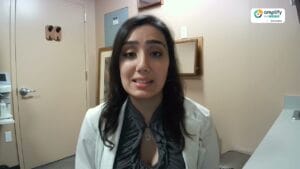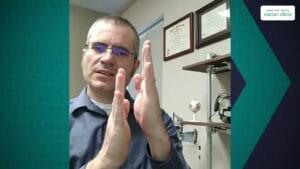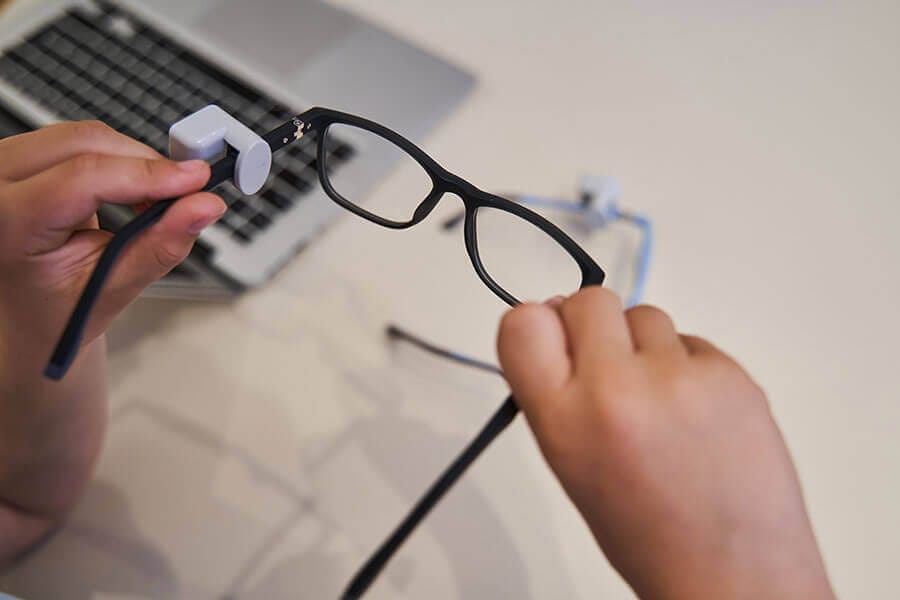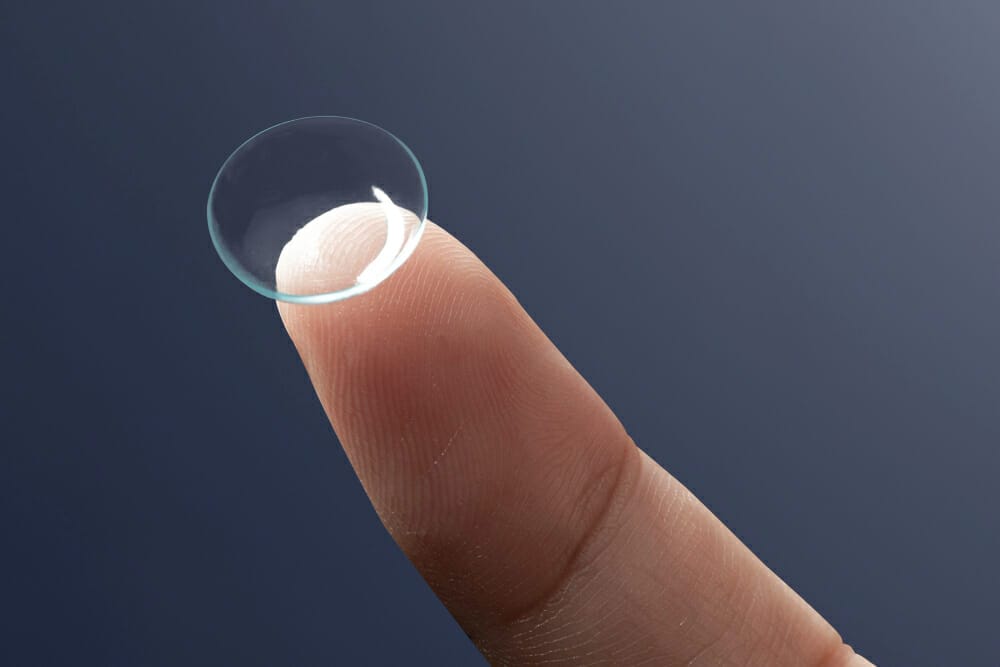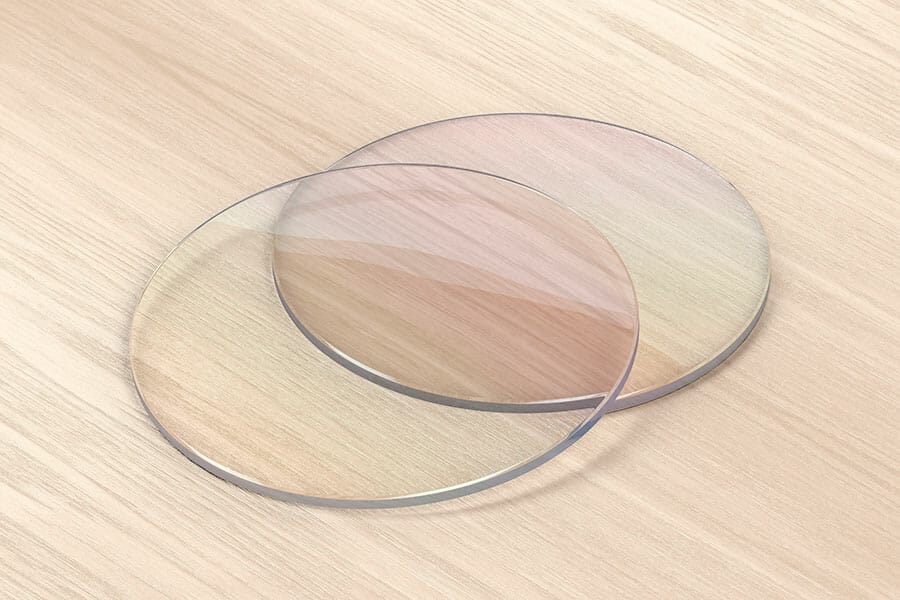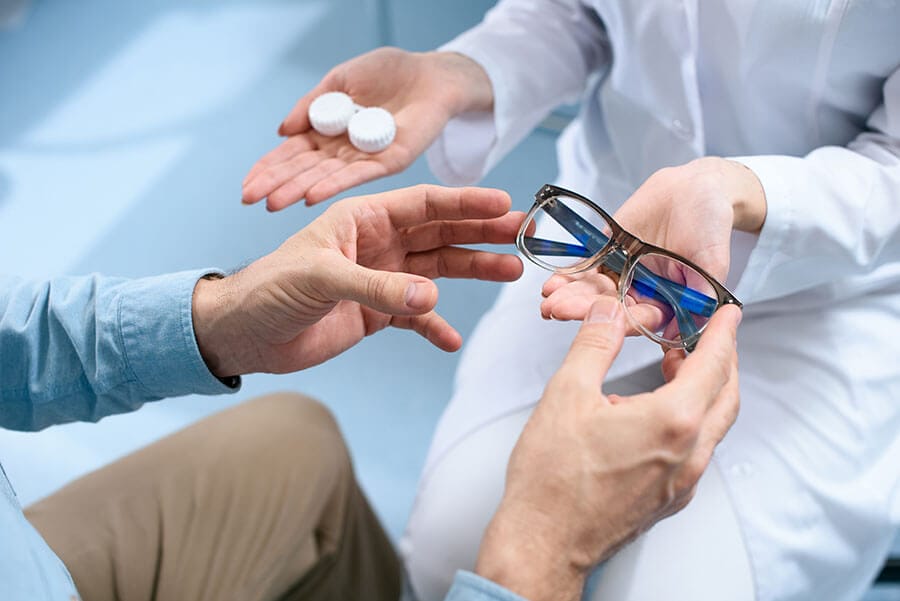First it’s important to treat the patient’s dry eyes, but yes there are contact lenses for dry eye sufferers. Daily disposable contact lenses, specifically with a silicone hydrogel material, are the best type of soft contact lenses for patients suffering with dry eyes. These lenses, depending on the brand, allow for more oxygen permeability and are more hygienic on the eyes. With daily disposable contact lenses these are single-use contacts that are discarded after one day’s use, so they are less prone to lens deposits accumulating. Also, daily disposable contacts are sometimes found to feel more comfortable due to the thinner nature of the lens. Depending on the severity of dry eyes, there are also specialty hard contact lenses to help patients with severe dry eyes; such as scleral lenses.


